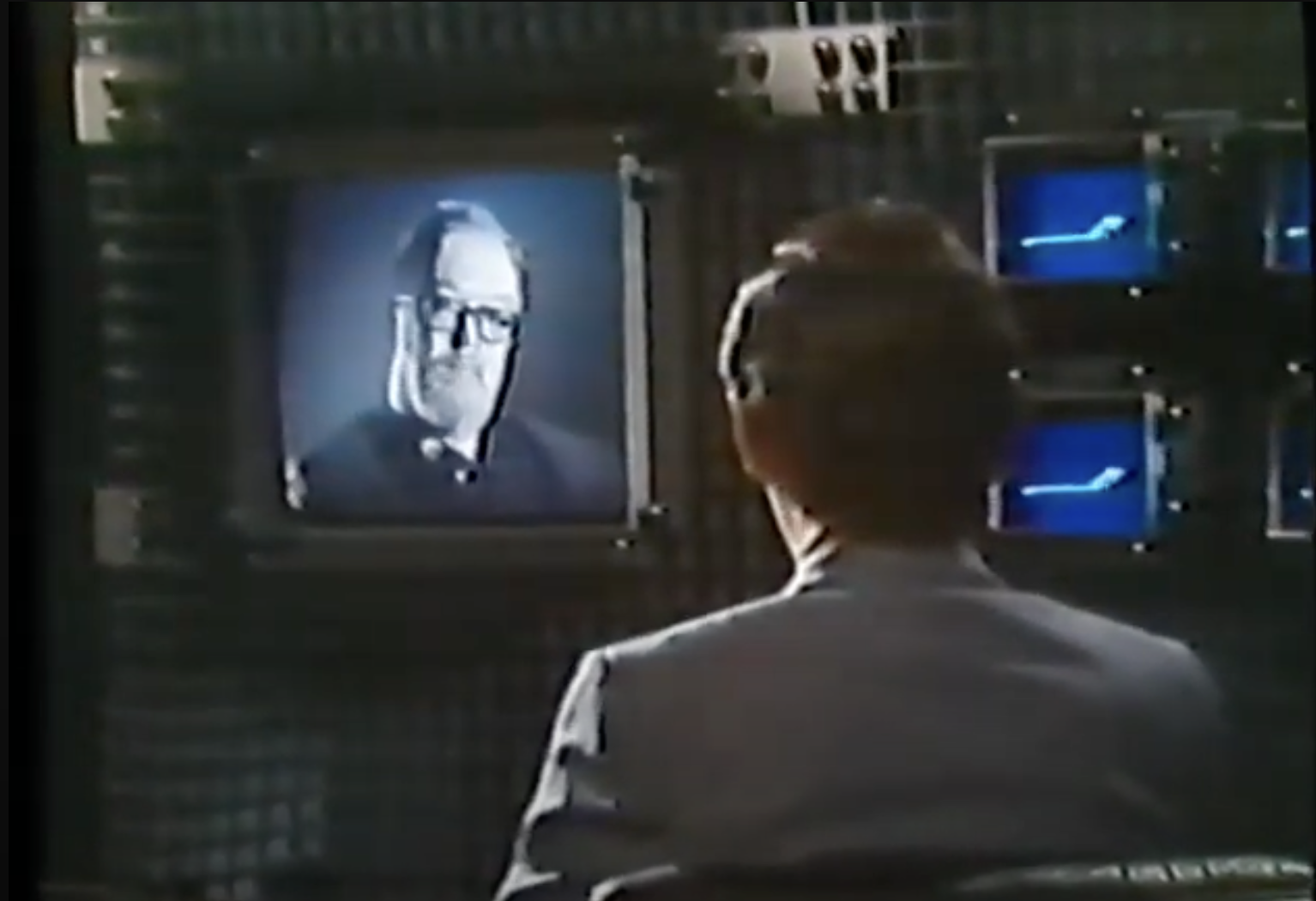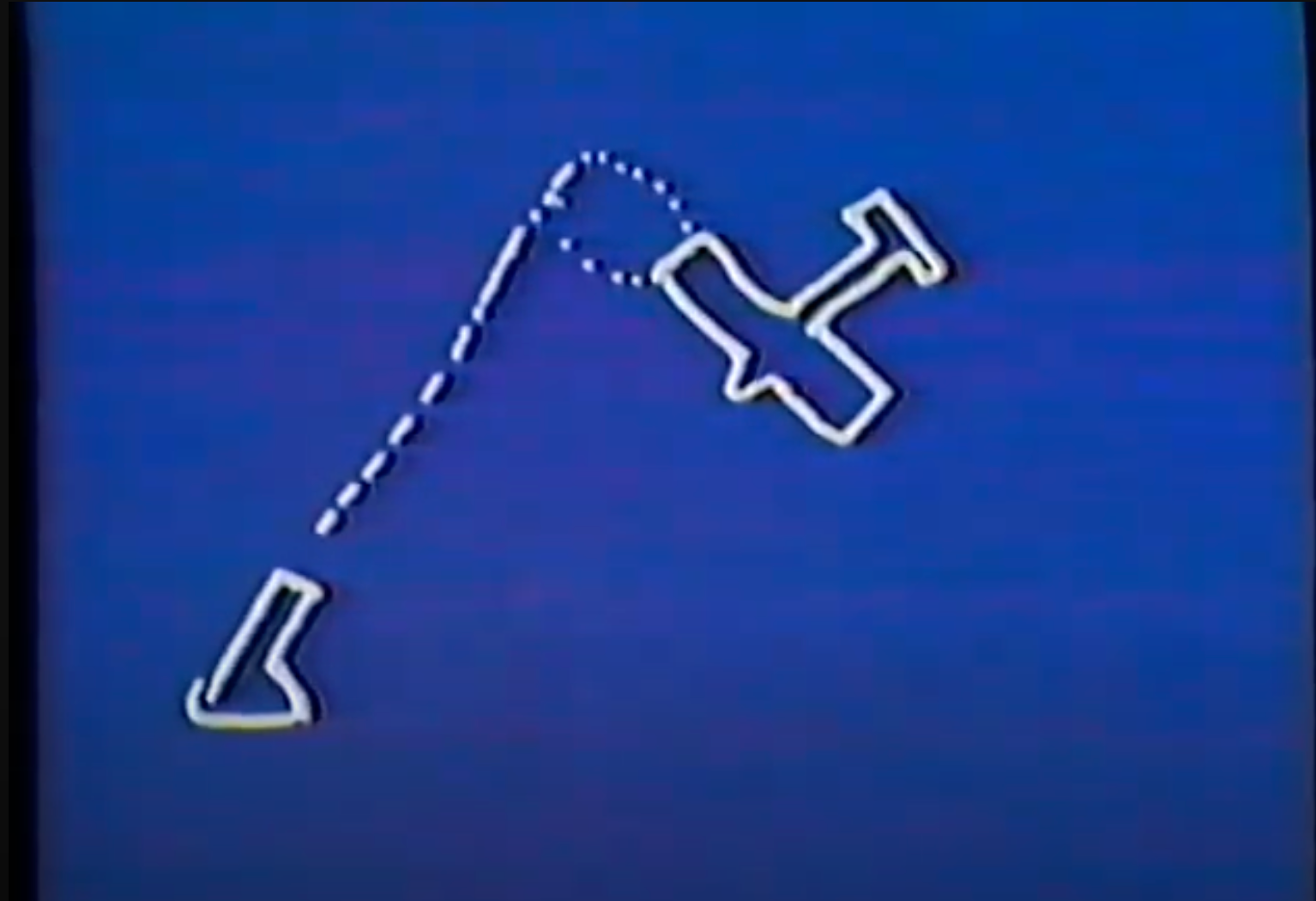Cybernetics, Feedback Loops, and Norbert Weiner 🤓
cyberneticsHow Norbert Wiener's cybernetic theories from the 1940s have become fundamental to our mental models of the world

The idea of feedback loops is so fundamental to us now that it's odd to think that there was even a need to explain it.
And yet, this peculiar British 1981 show called "The Greatest Thinkers: A Personal View by Edward de Bono" exists to do just that. It (or rather, Edward) presents Wiener's vision of feedback loops between humans and machines—a concept that would later become fundamental to video game design and pretty much everything we do with computers today.
Among the highlights of this unintentionally campy show are:



Cybernetics
I realized I had been using the term "cybernetics" without knowing what it fully means or its etymology. The official Dictionary (app) definition is this: "the science of communications and automatic control systems in both machines and living things." The way it's explained and its origin story (as told by Weiner himself) stems from World War II and thinking about how to automate the mechanical process of shooting down a moving missile or airplane.

This, of course, led to the realization that, in order to have machines do this, they have to constantly adjust and readjust based on feedback in order to hit the target. The word "cybernetics" originates from the Greek word "κυβερνήτης" (kybernētēs) which means "steersman" or "helmsman" and this Greek root is also the source of the word "governor" in English.
I'm going to first give you Claude 4.1 Opus' explanation (instead of trying to paraphrase Opus' paraphrasing):
The modern use of "cybernetics" was coined by American mathematician and philosopher Norbert Wiener in 1948 with the publication of his book "Cybernetics: Or Control and Communication in the Animal and the Machine." Wiener chose this term to describe the scientific study of control and communication in animals, machines, and organizations.
Wiener was inspired by the Greek concept because it captured the essence of what he was studying: systems that steer, govern, or control themselves through feedback mechanisms. Just as a helmsman steers a ship by constantly adjusting course based on feedback about the ship's position and movement, cybernetic systems use feedback loops to maintain control and achieve goals.
The term had actually been used earlier in a different context - French physicist André-Marie Ampère used "cybernétique" in 1834 to describe the science of civil government, but this usage didn't catch on. Wiener's definition and application of the term is what established its modern meaning in the fields of systems theory, control theory, and information theory.
Wiener's conception of "cybernetics" as having to do with "control and communication" strikes me as a little creepy. The idea of a helmsman makes enough sense (I had always thought it was called "tacking"), but when you broaden it to maintaining control through the use of feedback loops, it expands to encompass almost anything.
It's also kind of funny that the prefix "cyber" (ever since William Gibson coined the term "cyberspace" in "Burning Chrome") is now used to denote "cool, technology, hacker aesthetic." But if you squint (or actually read Wiener's books), you can see what he's getting at: humans, just as machines, are complex systems governed by feedback mechanisms. He predicted the trials and tribulations of the age of automation, and it gets more eerie when you think about how neural networks are modeled on human neurons and the way our brains work, and how LLMs are trained and have to be "aligned" in order for them to be safe enough for us to use them.
Thinking back to the original Greek, who is steering whom?


Comments